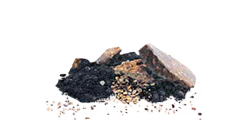What Goes Where
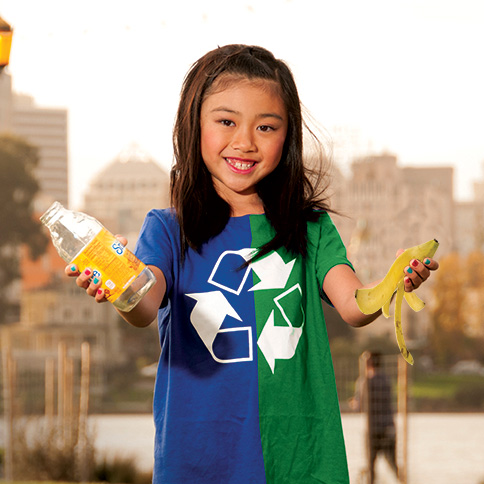
Sorting Right
Oakland needs everyone to do their part to keep recyclables, food scraps, food soiled paper, and plant debris out of our landfills.
Download a printable sorting guide to help you at your residence and at your business.
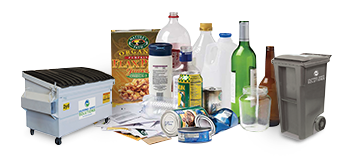
Recycle
Placing recycle materials in the recycle cart is good for the environment, as it gives recyclable items a second chance to become new things.
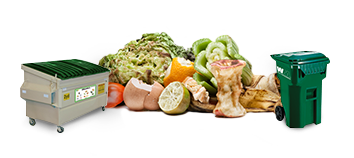
Compost
Placing only food scraps, food soiled paper and yard debris in the compost carts helps fight climate change and create compost to nourish farms and gardens!
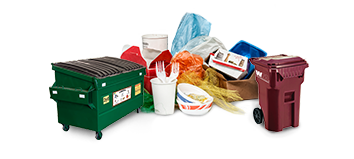
Trash
Place only non-recyclable, non-organic materials, and non-hazardous materials in your trash container. Consider reusing or recycling unwanted items before you throw them away.
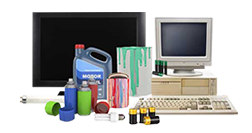
Hazardous & E-Waste
Many common household products, such as used motor oil, leftover paint, pesticides and fertilizer products, and electronics are considered hazardous waste and should never be disposed of in the recycle, compost or garbage containers. Household Batteries and motor oil can be recycled curbside. Consider scheduling bulky junk service for e-waste recycling.
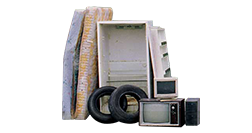
Bulky Items
Have items too large to fit in your curbside cart or bin? All Oakland households can directly schedule a drop off and a curbside pickup appointment. Call 1-888-WM-BULKY or make an appointment online. Consider reuse or recycling before throwing items away.
Reduce & Reuse
SB 1383: Compost and Recycling Law
A new California state law (SB 1383) effective January 1, 2022, was enacted to help keep compostable materials out of landfills. In Alameda County, the Organics Reduction & Recycling Ordinance has been put in place to help residents and businesses comply with the regulations set by the state.
Acceptable Food Service Ware for Restaurants
In order to reduce the amount of single use items that end up in the landfill, the City of Oakland has created food service ware requirements for restaurants. We have provided resources and options in the commercial services overview page.
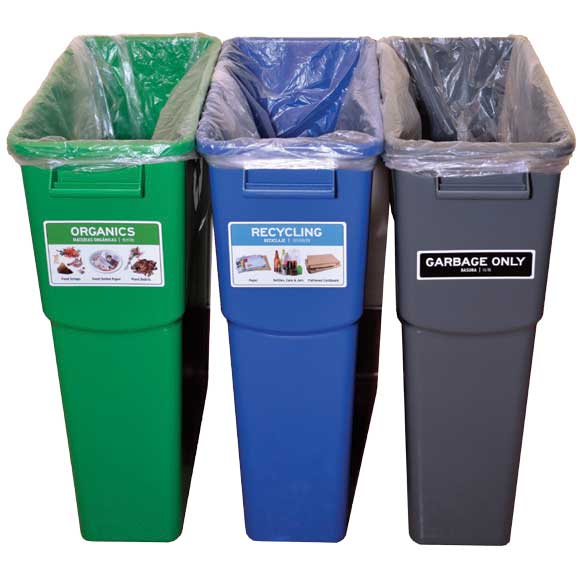
Your Sorting System
Whether it is for your home, office or your customers, setting up a good system for sorting goes a long way in diverting materials away from the landfill. Review your workflow to determine where waste is most generated, including both kitchen, common and customer areas. You’ll want a set of three bins—recycle, compost, and trash. One bin does not fit all! Make them different colors or place stickers on them as a helpful guide. Visit StopWaste.org for more information and resources for setting a successful sorting station.

